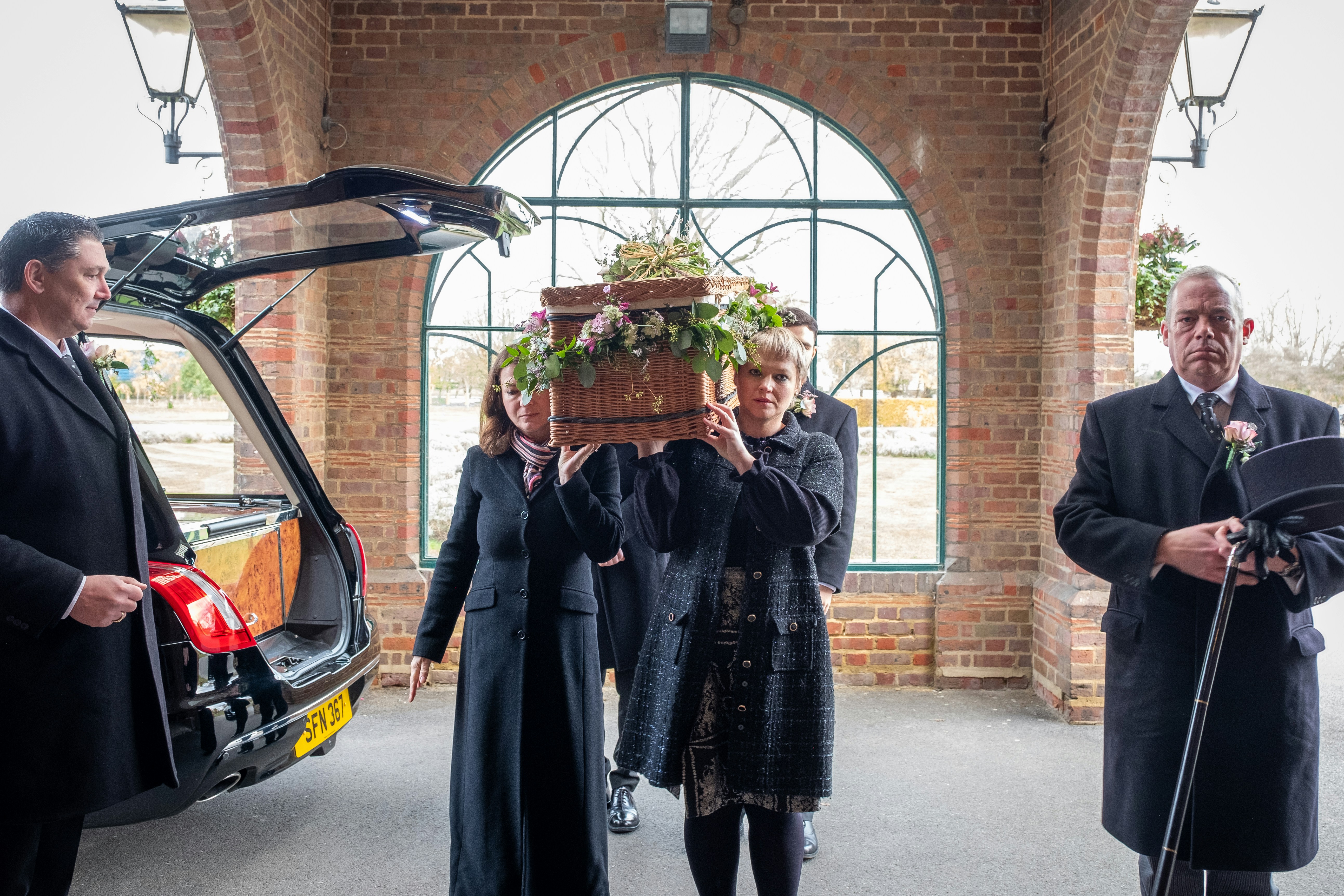







Simply enter the service you need, and your details then press "Spetz-it".
You'll be connected immediately to a nearby top-rated service provider.
Your rating is important. So you can help other customers get the best specialist too.
Hiring the best funeral director near you in the UK involves several steps to ensure you find a reputable and compassionate professional who can provide the support and assistance you need during a difficult time. Here’s a guide on how to hire the best funeral director:
By following these steps and conducting thorough research, you can hire the best funeral director near you in the UK to help you navigate the funeral planning process and honor your loved one with dignity and care.
A funeral director is a professional who provides comprehensive assistance and support to bereaved families during the process of planning and arranging funerals, memorial services, and other end-of-life ceremonies. In the UK, funeral directors play a crucial role in guiding families through the practical and emotional aspects of arranging a funeral, ensuring that the wishes and preferences of the deceased and their loved ones are honored with dignity, respect, and compassion.
Here are some key responsibilities and services provided by funeral directors in the UK:
Overall, funeral directors in the UK play a vital role in providing professional, compassionate, and personalized support to bereaved families during a difficult time, helping them create meaningful and respectful farewells for their loved ones.
Funeral directors in the UK fulfill a variety of roles and responsibilities to support bereaved families and facilitate funeral arrangements. Here are some of the key jobs that funeral directors can assist with:
These are just some of the jobs that funeral directors can assist with in the UK. Overall, funeral directors play a crucial role in providing professional, compassionate, and personalized support to bereaved families during a difficult time, helping them create meaningful and respectful farewells for their loved ones.
The cost of hiring a funeral director in the United Kingdom can vary depending on several factors, including the location, the services requested, the type of funeral or memorial service, and any additional preferences or special requests. Funeral costs can also vary based on local market conditions, the size and reputation of the funeral home, and other factors specific to each situation.
Here are some factors that can influence the cost of hiring a funeral director in the UK:
It’s important for families to discuss pricing and options with the funeral director upfront and to request a detailed estimate or itemized quote that outlines all the costs associated with the funeral arrangements. By comparing prices and services from multiple funeral homes, families can make informed decisions and choose a funeral director that meets their needs and budget. Additionally, families may also consider preplanning and prepaying for funeral arrangements to lock in current prices and alleviate financial burdens for their loved ones in the future.
When meeting with a local funeral director in the UK, it’s essential to ask relevant questions to gather information about their services, pricing, and approach to funeral arrangements. Here are some questions you may consider asking:
By asking these questions, you can gather valuable information and insights to help you make an informed decision when choosing a local funeral director in the UK to assist you with funeral arrangements for your loved one.